Your web host may already include free DNS, but it’s worth checking what you actually get. The best DNS hosting providers pair rock-solid availability with fast global resolution, modern security (DNSSEC, DoH/DoT), and optional filtering. Whether you want a free resolver for privacy or a managed authoritative DNS with SLAs, there are strong free and paid choices to fit your stack.
The Top 6 Best DNS Hosting Providers
We evaluated 25+ DNS providers on performance (speed/latency), uptime history, network footprint, security posture, ease of use, and pricing transparency. These are our top picks:
- Cloudflare — Best Free DNS Hosting
- AdGuard DNS — Best DNS for Restricting Unwanted Internet Content
- DNS Made Easy — Best for 100% SLA-Backed Uptime
- Amazon Route 53 — Best for Pay-As-You-Go Hosting
- Quad9 — Best Public DNS Resolver for Boosting Security
- OpenNIC Project — Best DNS for Unrestricted Internet Access
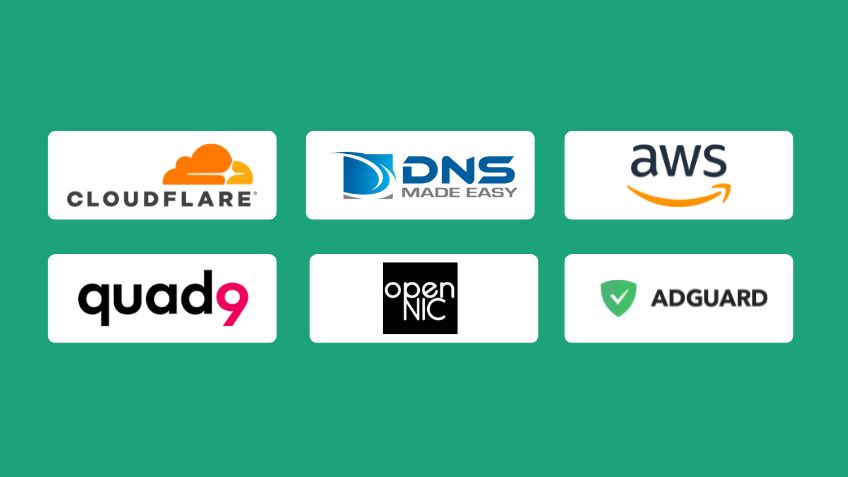
Match Your Scenario to the Right DNS Hosting Solution
The “best” DNS depends on your use case. Use the scenarios below to zero in on the right fit for your needs.
- You want to separate domain name registration and hosting
- You don’t want to get locked into a long-term contract
- You prioritize speed and reliability
- You value privacy
You want to separate domain name registration and hosting
Best Option: Cloudflare
Keeping your registrar and DNS host separate makes it easier to switch providers, add redundancy, and minimize vendor lock-in. With Cloudflare, you don’t have to move your domain registration or change your web host—just update your registrar’s nameservers to point to Cloudflare and manage DNS there.
Another great choice: DNS Made Easy
DNS Made Easy focuses solely on managed DNS (registration is handled by its sister brand). You can keep your current registrar and still get a specialized Anycast DNS network, advanced health checks, and strong analytics.
If you want to separate domain registration and DNS hosting, pay attention to:
- Automatic renewal: Make sure both your registrar and DNS host auto-renew so you don’t risk expirations on either side.
- Specialization: Prefer registrars that focus on registration and DNS providers that focus on authoritative DNS.
- Anycast DNS: Ensure your DNS provider offers global Anycast for faster resolution and resilience.
- Unbundled billing: Avoid “bundles” that make it hard to change one service without affecting the other.
You don’t want to get locked into a long-term contract
Best Option: Quad9
Quad9 is a free, nonprofit resolver—no contracts, no upsells. Switch any time without penalties.
Another great choice: Amazon Route 53
Route 53 is pure pay-as-you-go: no minimums, no long-term commitments. Add records and hosted zones as you need them, and remove them when you don’t.
If you don’t want a long-term contract, check for:
- Free forever vs. trial: Confirm you’re not just on a time-limited trial.
- Usage limits: Understand query caps and overage pricing before you migrate.
- Early termination fees: Avoid vendors that penalize you for leaving.
- Billing cadence: Some vendors show a monthly price but require annual prepay.
You prioritize speed and reliability
Best Option: DNS Made Easy
For ecommerce and high-traffic sites, uptime and low latency are non-negotiable. DNS Made Easy backs its network with a 100% uptime SLA across plans and a long track record of reliability.
Another great choice: Cloudflare
Cloudflare runs one of the largest Anycast networks, with data centers in 330+ cities across 125+ countries. Your visitors resolve against the closest location for consistently low latency.
If you value speed and reliability, focus on:
- Uptime SLAs: Look for providers that back claims with credits or guarantees.
- Global footprint: More globally distributed PoPs generally means faster answers everywhere.
- Anycast routing: Anycast improves both performance and resilience during outages.
You value privacy
Best Option: Cloudflare
Cloudflare’s 1.1.1.1 resolver keeps user privacy front-and-center. It doesn’t sell user data, supports encrypted DNS (DoH/DoT), and its privacy practices for 1.1.1.1 are independently audited.
Another great option: Quad9
Quad9 is a Swiss nonprofit resolver designed for privacy and security. It blocks known malicious domains and does not log your IP address. Its headquarters in Zurich means Swiss privacy protections apply to users worldwide.
If privacy is your priority, look for:
- Clear data policies: Prefer providers that commit to not selling or profiling user data.
- DNSSEC & encryption: DNSSEC, plus DoH/DoT support, prevents tampering and eavesdropping.
- Built-in threat blocking: Filtering for phishing/malware reduces risk without extra software.
Best DNS Hosting Company Reviews
Here are the details for each provider—what they do best, where they shine, and what to watch for.
Cloudflare – Best Free DNS Hosting
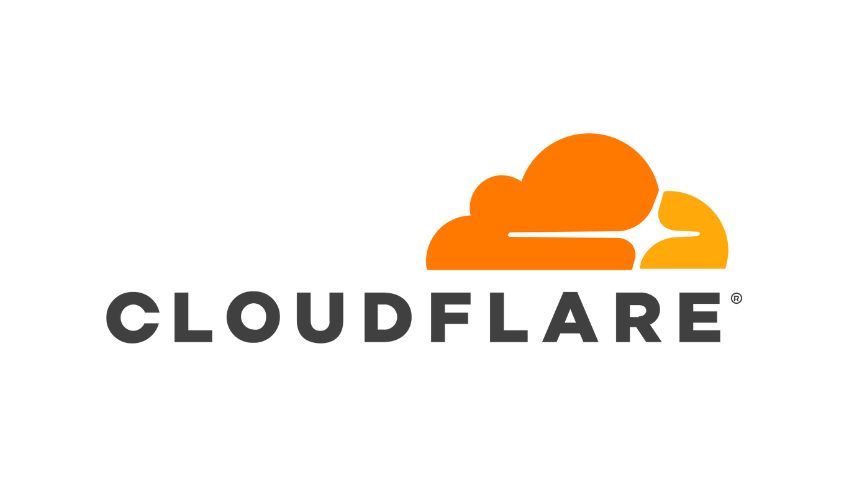
For personal sites and many small businesses, Cloudflare’s free plan is an easy win. You get a fast Anycast authoritative DNS, a global CDN, unmetered DDoS mitigation, instant cache purge, SSL/TLS, and basic bot protection—without paying a cent.
Upgrade paths are straightforward. The Pro plan is typically in the $20–$25/month range per domain, and Business adds advanced WAF, prioritized support, and a 100% uptime SLA. If you outgrow those, Enterprise tiers bundle advanced performance, security, and custom SLAs.
Performance is Cloudflare’s calling card. Its network spans 330+ cities across 125+ countries, so queries resolve from a location near your users. Privacy features extend to the 1.1.1.1 resolver, which is independently audited and designed not to sell or profile user data.
What Makes Cloudflare Great
Beyond the free tier, Cloudflare supports modern DNS features (DNSSEC, CNAME flattening/ANAME-style behavior), IPv6, load balancing, Argo Smart Routing, and APO for performance. You can run Cloudflare for DNS only or layer on CDN, WAF, Zero Trust, and developer tools as you need them.
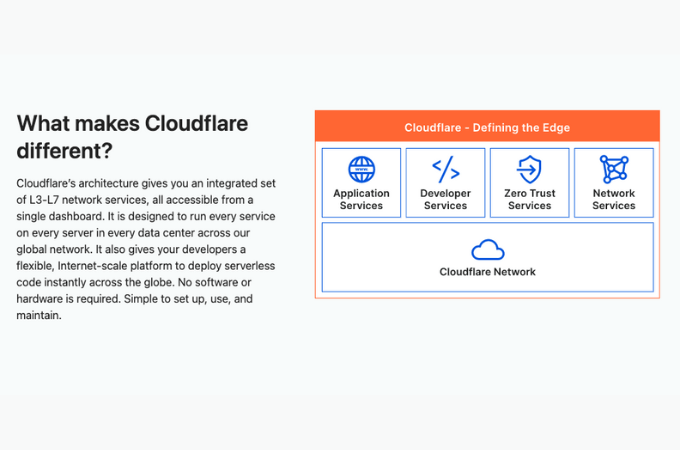
Pricing varies by features, but most sites can start free and scale. Pro is great for small teams that want a WAF and more control; Business suits ecommerce or regulated industries that need an uptime SLA and advanced security.
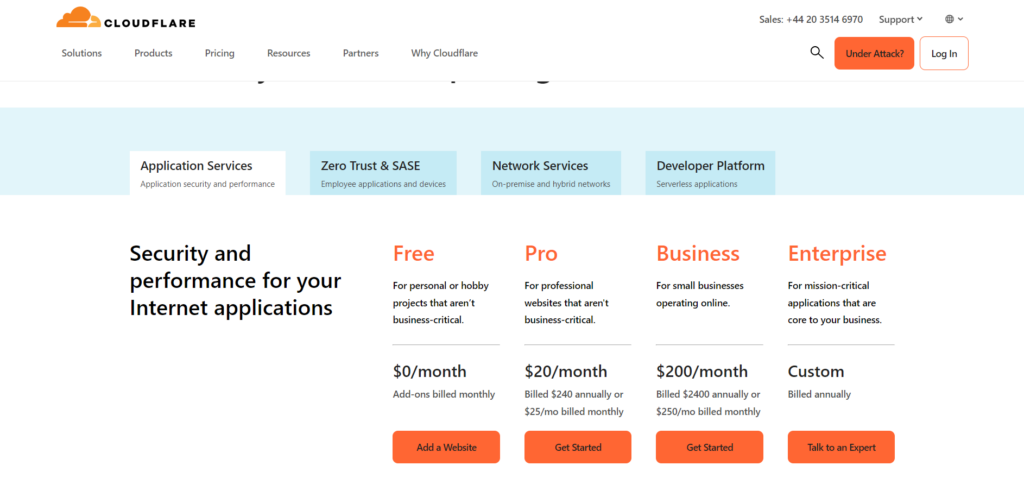
Cloudflare also offers add-ons like Argo Smart Routing, Load Balancing, and Automatic Platform Optimization that can materially improve performance for dynamic and CMS-driven sites.
AdGuard DNS – Best DNS for Restricting Unwanted Internet Content
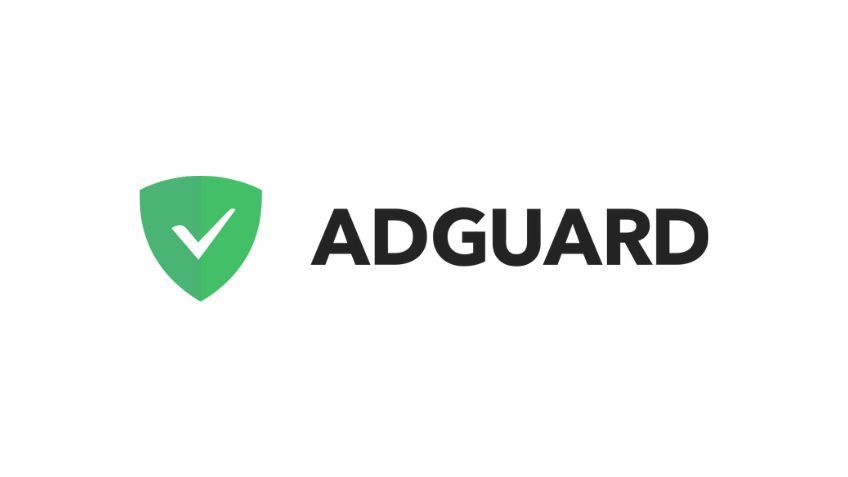
AdGuard DNS is a privacy-minded resolver with powerful content controls. Toggle curated blocklists for ads, trackers, analytics, and malicious domains, or write your own filtering rules to tailor what’s allowed on your network.
It supports DNS-over-HTTPS, DNS-over-TLS, DNS-over-QUIC (DoQ), and DNSCrypt, so queries are encrypted in transit. A detailed query log shows which device requested what, which provider owns the destination, and whether AdGuard allowed, modified, or blocked the request.
There’s a free tier for light personal use, plus paid Personal, Team, and Enterprise plans with higher device and request limits. Trials are available, so you can validate performance and controls before rolling out widely.
DNS Made Easy – Best for 100% SLA-Backed Uptime
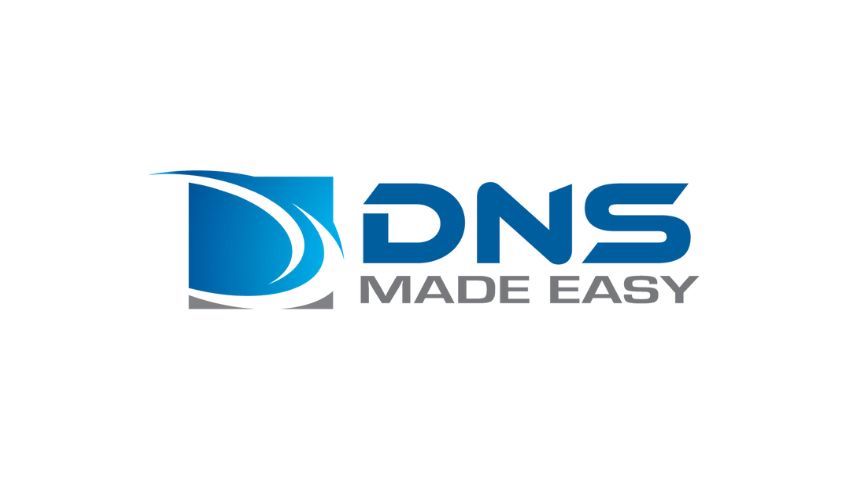
Downtime is expensive for any online business. DNS Made Easy pairs strong performance with a 100% uptime SLA on every plan, not just enterprise tiers. The network is engineered for resilience and includes advanced DDoS protections, granular failover, and detailed analytics.
The interface is more utilitarian than some rivals, and it takes a moment to learn. The good news: once configured, you’ll rarely touch it beyond routine changes. Documentation and support are thorough.
What Makes DNS Made Easy Great
Pricing is competitive for the feature set. The entry DNS-5 plan is currently $18.75/month (billed annually) and includes five domains, 1,500 records, and 5 million queries per month. Higher tiers expand domains, records, query logs, and features like Global Traffic Director, with the same 100% SLA.
The Anycast network is globally distributed and wholly owned/operated, reducing third-party risk. Security is a strong point, with SOC 2 compliance, PoP-level firewalls, and anomaly detection. You can run DNS Made Easy as primary or secondary DNS for extra redundancy and take advantage of a 30-day free trial.
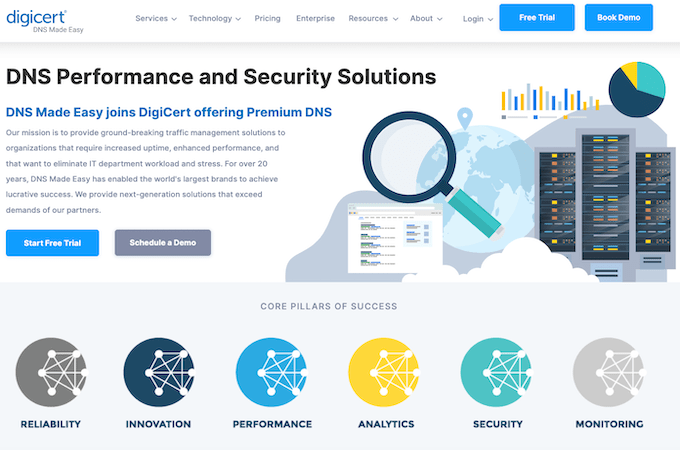
Feature highlights include DNS Failover, Geo/latency routing, REST API automation, and detailed analytics. It’s a practical choice for SMBs that need enterprise-grade reliability without enterprise complexity.
Amazon Route 53 – Best for Pay-As-You-Go Hosting
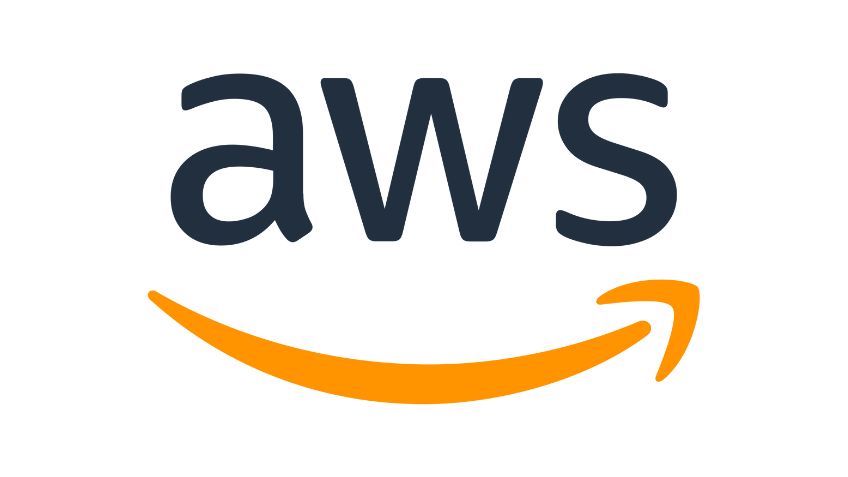
If you prefer metered pricing, Route 53 is the classic pay-as-you-go authoritative DNS. You pay per hosted zone and per query, with no contracts or minimums. It’s a natural fit if you already use AWS and want native integrations.
Expect mature traffic policies (latency-based, weighted, geolocation, and failover), health checks, and tight integrations with AWS services (like Elastic Load Balancing). Route 53 also offers domain registration with privacy protection where supported.
What to know on pricing: hosted zones are generally $0.50/month for the first 25 zones in an account and $0.10/month for additional zones, with per-query pricing starting low and scaling with volume. A single hosted zone can hold up to 10,000 records by default.
What Makes Amazon Route 53 Great
Transparent usage-based pricing, strong global performance, and deep AWS integration. You get granular control over traffic steering at the DNS level plus health-check-driven failover. It’s easy to model costs up front with AWS pricing calculators.
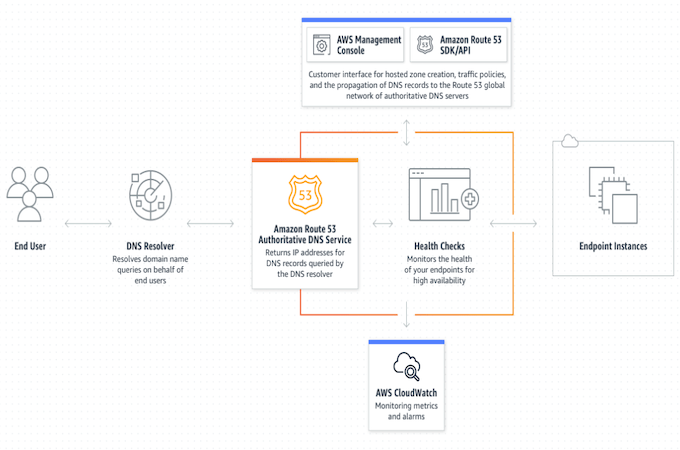
Unlike many DNS hosts, Route 53’s policy routing can act like a lightweight load balancer in front of multiple endpoints, and it integrates with AWS Load Balancers for full application-layer balancing.
Quad9 – Best Public DNS Resolver for Boosting Security
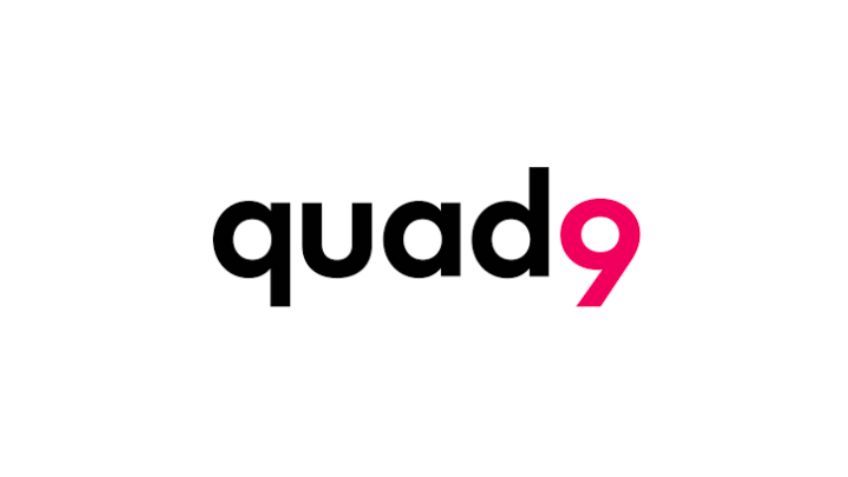
Backed by organizations like IBM, Global Cyber Alliance, and Packet Clearing House, the Quad9 resolver blocks known malicious domains using threat intel from multiple sources. It’s free, private, and designed to protect users without selling data.
Quad9 operates hundreds of sites worldwide and supports DNS-over-HTTPS and DNS-over-TLS for encrypted lookups. Setup is straightforward on routers and individual devices. There’s no paid support, but the docs and community are solid.
What Makes Quad9 Great
Excellent baseline security for zero cost. Quad9’s threat blocking and privacy stance (no personal data retention, no IP logging) make it a strong default resolver for households and small teams that want “set it and forget it” protection.
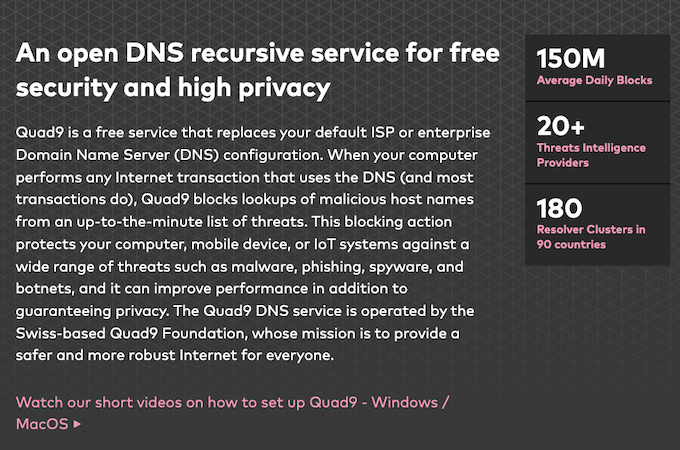
Latency is competitive in North America and Europe, and broadly good elsewhere thanks to a large network footprint. For maximum privacy with filtering, Quad9 is one of the best consumer-grade resolvers available.
OpenNIC Project – Best DNS for Unrestricted Internet Access
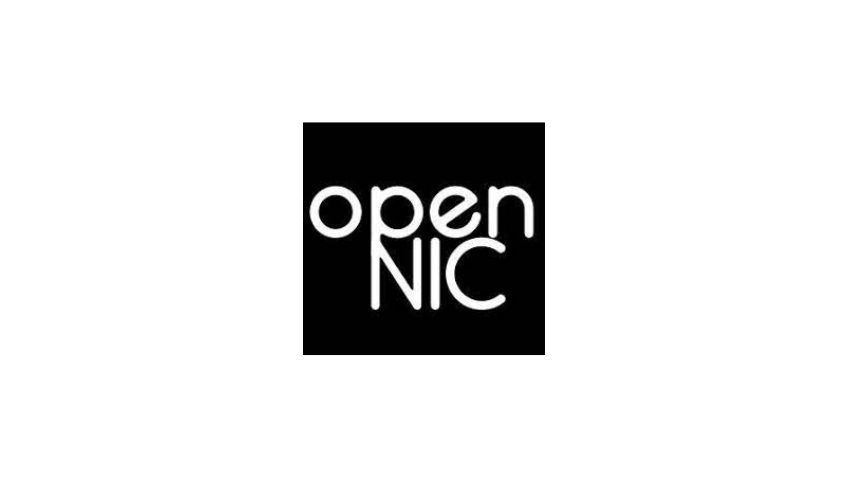
The OpenNIC Project is a volunteer-run, open-source DNS with optional access to alternate, user-governed TLDs (like .geek, .indy, .libre). You can choose nearby resolvers for performance and use OpenNIC’s alternative namespaces alongside standard ICANN domains.
It’s a creative, censorship-resistant option, but note that availability and uptime can vary by community-run resolver. Consider keeping a mainstream resolver as fallback, and be aware that some alternate TLDs may be intermittently unavailable.
What Makes AdGuard DNS Great
In addition to content controls and filtering, AdGuard DNS brings strong privacy with encrypted protocols (DoH/DoT/DoQ/DNSCrypt), per-device rules, and custom allow/deny lists. It’s an easy way to enforce network-wide ad and tracker blocking without installing software on every device.
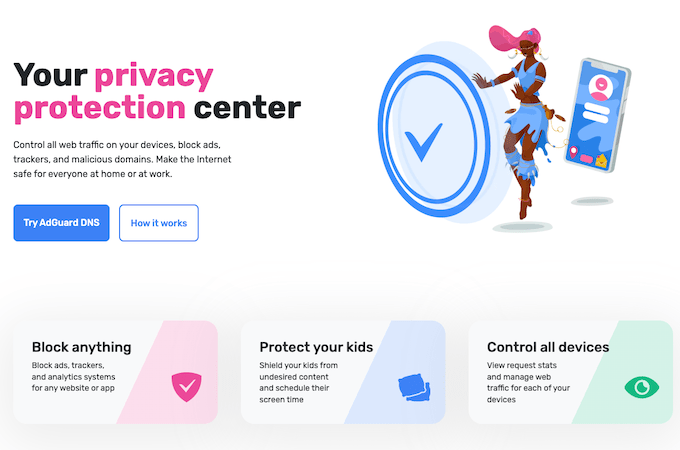
Plans scale from a free starter tier (suitable for light use) to paid options that add higher query/device limits and more private servers. Teams can centrally manage policies across locations, and enterprises can get custom limits and support.
QuickSprout DNS Hosting Related Content
We also have in-depth tutorials and comparisons that complement this list, including guides to DNS performance, redundancy, and security best practices.
The Top DNS Hosting Providers in Summary
If you’re relying only on the free DNS bundled with your registrar or host, you may be leaving performance and resilience on the table. Modern DNS is more than name resolution—it’s part of your site’s security, speed, and uptime strategy. Free options like Cloudflare and Quad9 are easy upgrades, while DNS Made Easy and Route 53 provide SLA-backed or usage-based options when you need more control. Choose the mix that fits your risk tolerance, budget, and growth plans.
